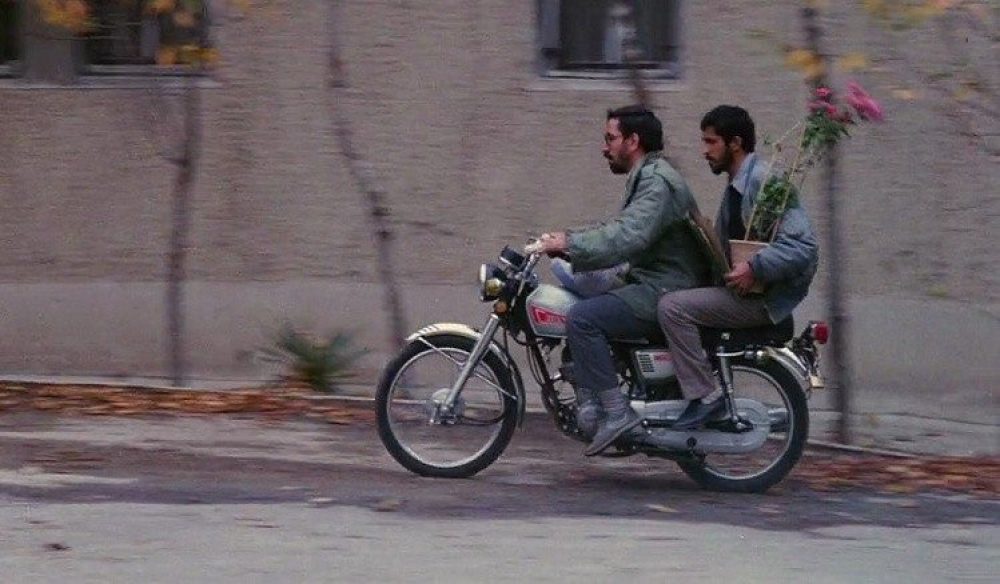The fragility of control plays a prominent if under appreciated role in Machiavelli’s The Prince. In contrast to Lerner’s triumphalism (“I had it on top authority that during the summer of 1950 they had entered History”) or the harrowing implacability of “the Party” in Darkness at Noon, Machiavelli describes a world of constant variability and uncertainty. No prince, no matter how savvy or cruel, can rest easy on his throne, circumstances and the variability of being his constant and insuperable foes.
Machiavelli leads us to the conclusion that there are no universal solutions, no easy recipes or checklists to follow in pursuing “the modern,” however defined. Origins, the circumstances of coming combine with unforeseen events to make modernization a project forever uncertain and under siege.
We might ask, then, On what basis modernity? The matter of legitimacy and authority has been at stake these past two weeks, whether of the Shah, of the multitude who comprise “the many,” or of the reasoning individual, who having adjusted his or her sights to the light outside of the cave, comes back to dispense capital-T Truth. What or who is the source of modernity? Might it be the individual, reaching for truth in the realm of the profane? Or does modernity require the ballast of “fixed truths,” of a sacred authority that lies outside of the will and reason of the individual? Might History be that source, or religion itself? How might authority be reconciled to the individual will?


On What Basis, Modernity? | Iran, Islam, and the Last Great Revolution Fall 2018